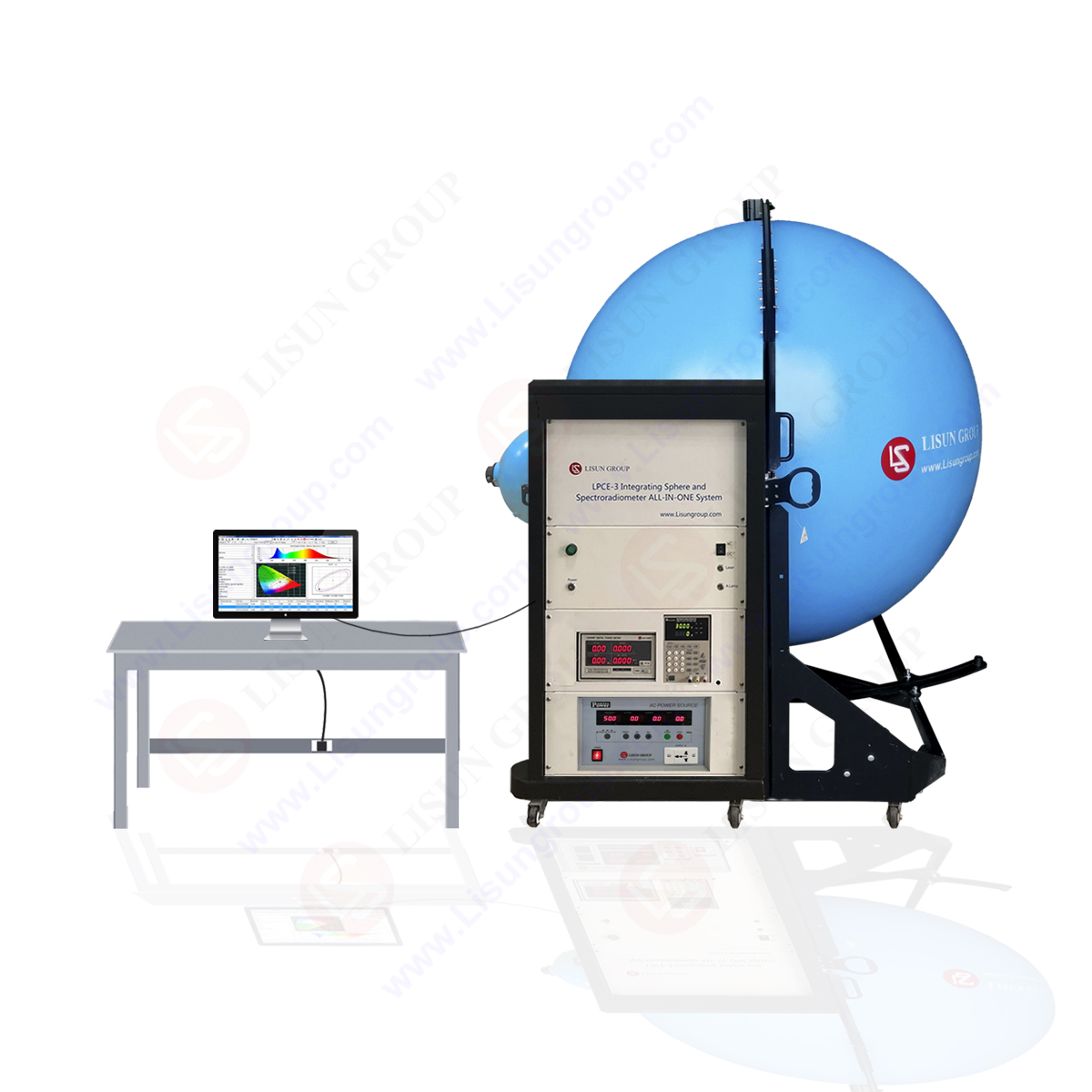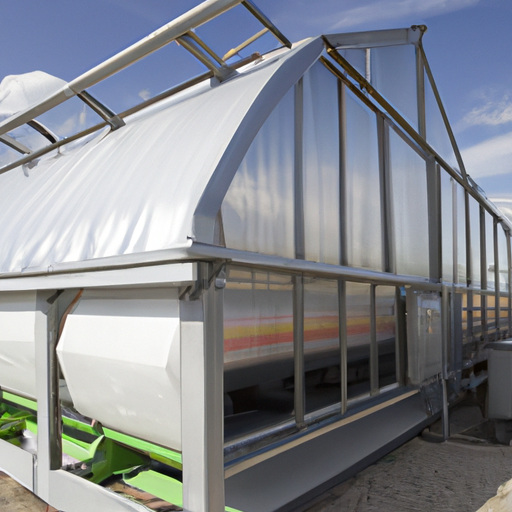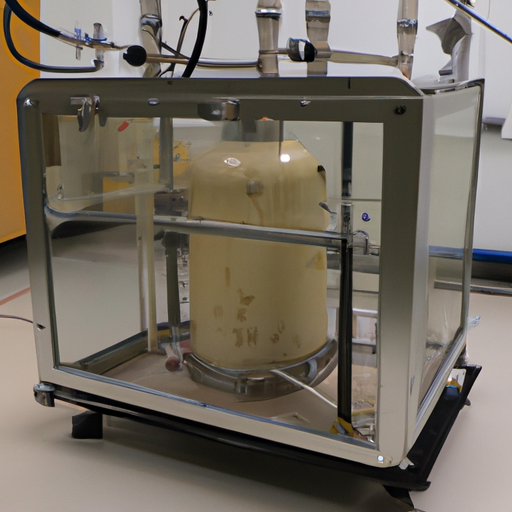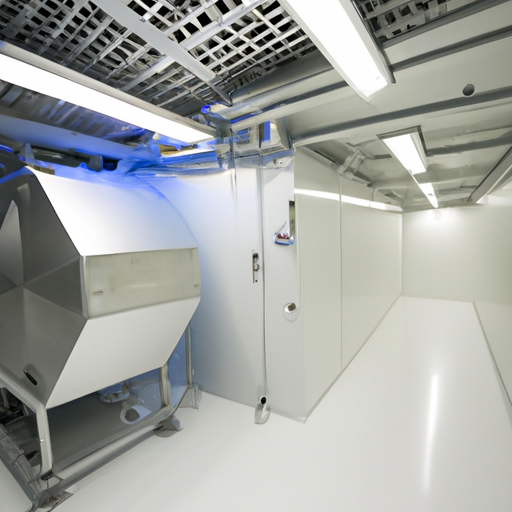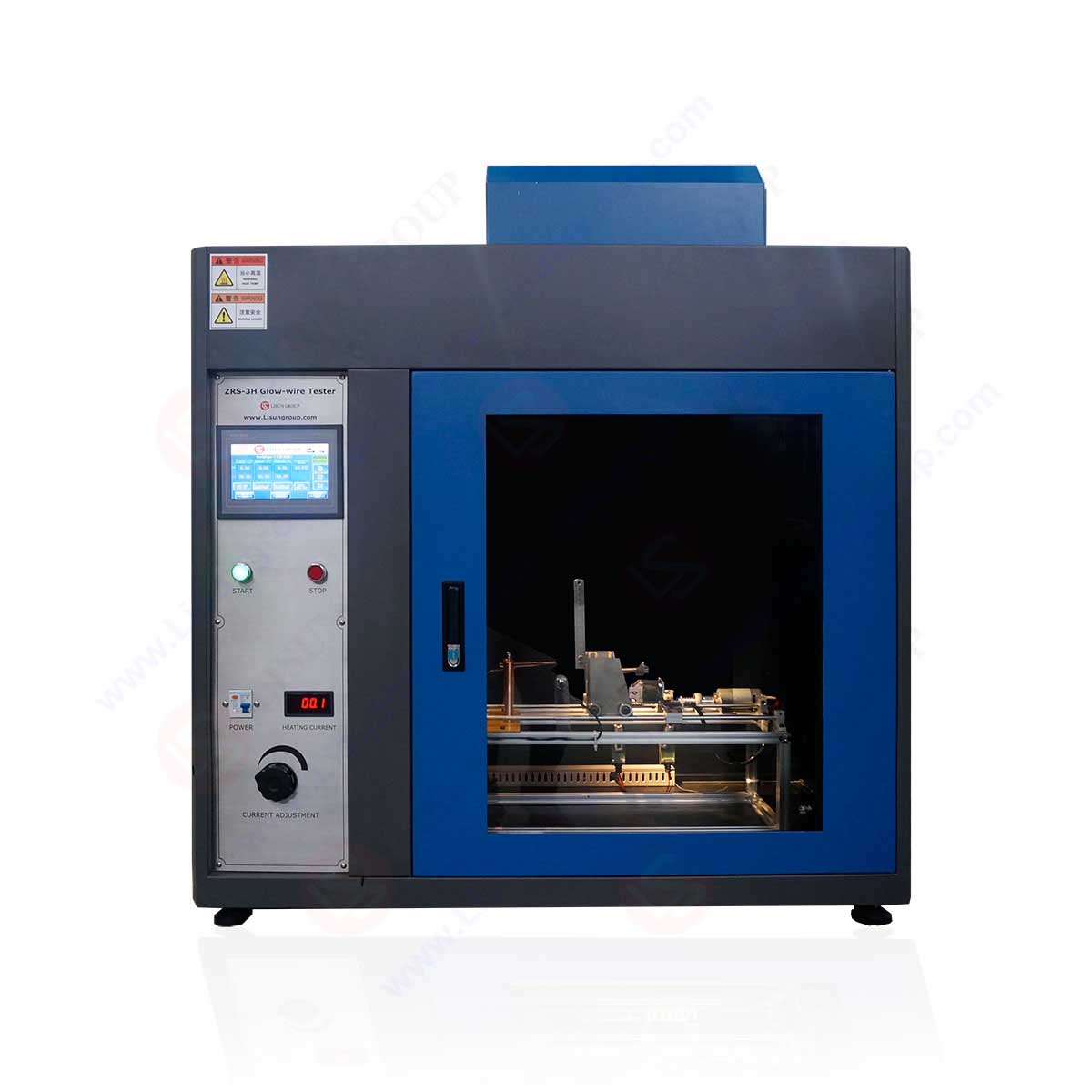Plastics used in electrical equipment are tested for flame resistance using a technique known as glow wire testing or glow wire test. This device keeps overheated or electrically charged pieces that may ignite the plastic substance. This may occur in regular usage, under moderate abnormal use, malfunction, or product failure. An overheated component is simulated by the glow wire, which subsequently comes into touch with plastic materials.
In 2001, the International Electrical Commission (IEC) developed the glow-wire testing technique since prior methods did not cover all ignition sources. Specific to malfunctioning electrical equipment, the glow wire test is designed to mimic heating effects that may result from an overloaded connection or component that overheats.
Glow Wire Test Methodology
IEC 60335-1 specifies the specifications for residential appliance glow wires. However, the glow wire test approach is included in the IEC 60695-2 set of standards.
A predetermined temperature is used to heat an element for glow wire testing. The glow wire is the name given to the heated element.
The element is then pushed into a sample material with a specified force of 1N for 30 seconds once the temperature has reached the predetermined value. Recordings are taken to note the length, flame height, and whether or not drops of the substance light tissue paper if ignition happens.
We conduct glow wire testing on both finished goods and raw materials. Different words are used to describe compliance in each situation.
1. End-product glow wire testing is the GWEPT test (IEC 60695-2-11). There are different requirements for each temperature setting, but the test will provide either PASS or FAIL. During glow wire testing, GWEPT may be utilized to mimic how the product is marketed and applied.
2. Glow Wire Flammability Index is referred to as GWFI (IEC 60695-2-12). It’s a characteristic of the raw material that goes into making the final product. The glow wire test is used to determine this attribute by running the test on a test plate of a particular thickness of raw material.
3. Glowing wire ignition temperature is referred to as GWIT (IEC 60695-2-13). It’s a characteristic of the raw material that goes into making the final product. The glow wire test is used to determine this attribute by running the test on a test plate of a particular thickness of raw material.
Safety of Household and Similar Electrical Appliances (IEC 60335-1)
Generally speaking, the safety of home appliances is governed by IEC 60335-1. Non-metallic materials supporting current-carrying connections in the appliance are evaluated for flammability in the standard using glow wire testing.
If the appliance is being used unattended, the severity of the glow wire test provided in IEC 60335-1 depends on the amount of current carried by the connection. Several types of “attended appliances,” such as vacuum cleaners and irons, need an accompanying customer to work.
Equipment left to work on its own is an unattended appliance. Appliances like refrigerators, stoves, dishwashers, washing machines, and dryers fall under this category. LISUN provides the best equipments for glow wire testing.
Lisun Instruments Limited was found by LISUN GROUP in 2003. LISUN quality system has been strictly certified by ISO9001:2015. As a CIE Membership, LISUN products are designed based on CIE, IEC and other international or national standards. All products passed CE certificate and authenticated by the third party lab.
Our main products are Goniophotometer, Integrating Sphere, Spectroradiometer, Surge Generator, ESD Simulator Guns, EMI Receiver, EMC Test Equipment, Electrical Safety Tester, Environmental Chamber, Temperature Chamber, Climate Chamber, Thermal Chamber, Salt Spray Test, Dust Test Chamber, Waterproof Test, RoHS Test (EDXRF), Glow Wire Test and Needle Flame Test.
Please feel free to contact us if you need any support.
Tech Dep: Service@Lisungroup.com, Cell/WhatsApp:+8615317907381
Sales Dep: Sales@Lisungroup.com, Cell/WhatsApp:+8618117273997
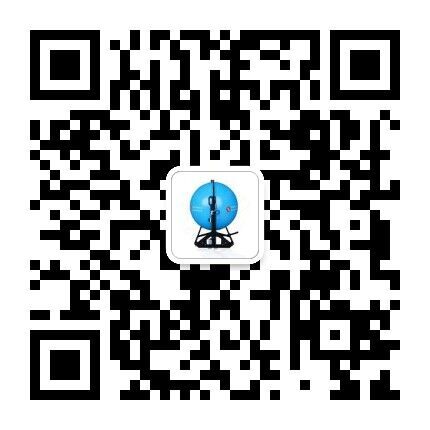
 中文简体
中文简体
